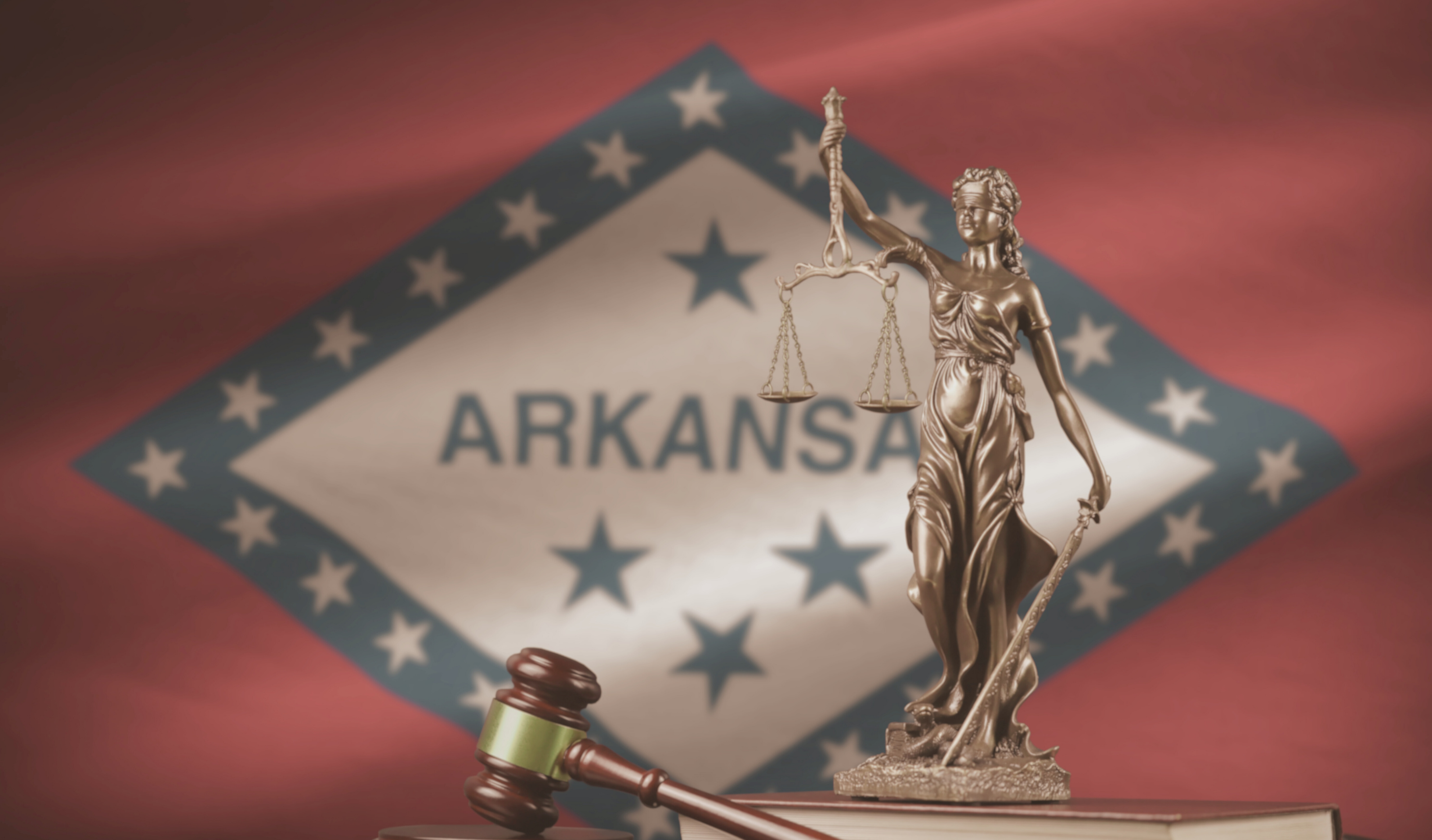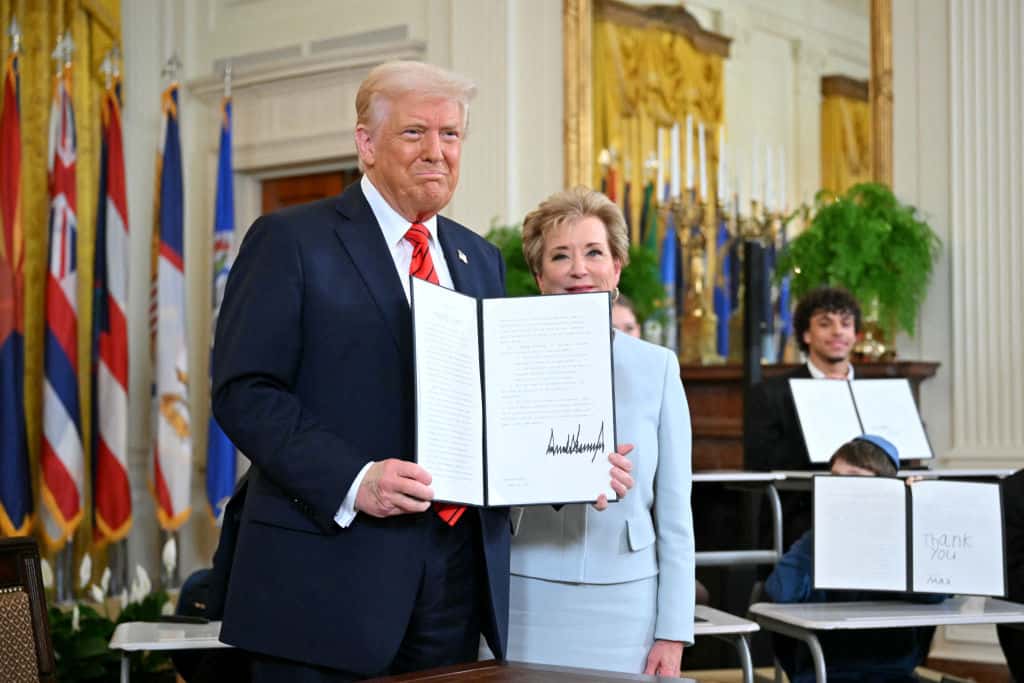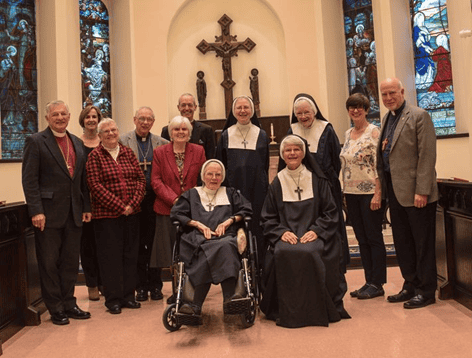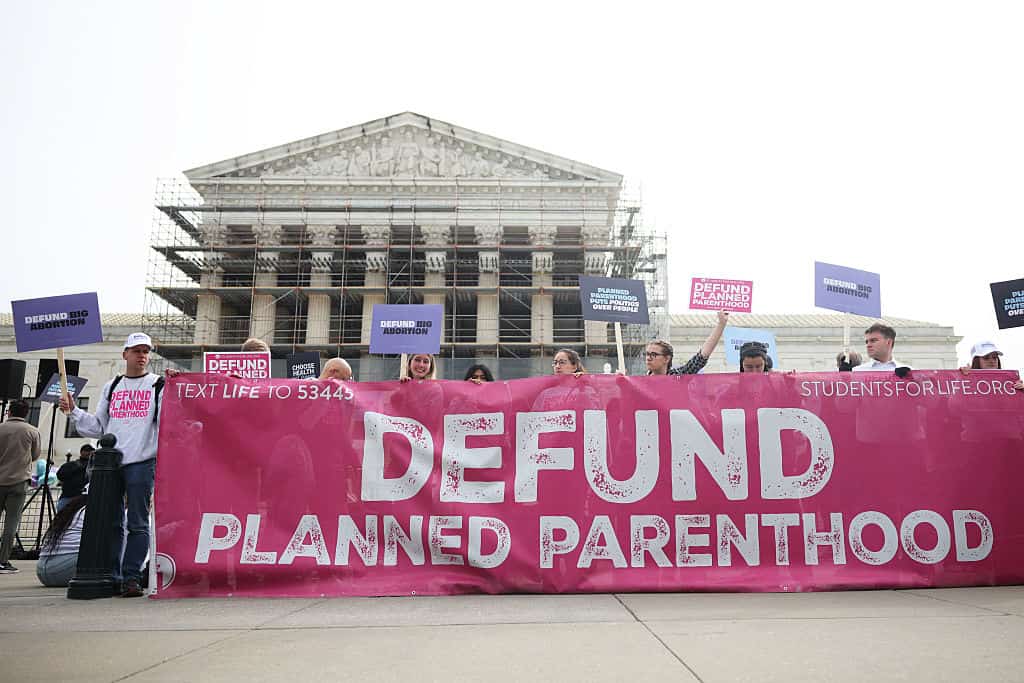Arkansas Supreme Court Keeps Proposed Abortion Initiative Off the Ballot

A constitutional abortion amendment will not be on the ballot in Arkansas this November after the state’s Supreme Court upheld state officials’ refusal to count signatures submitted without proper paperwork.
In Arkansas, proposed ballot measures must receive at least 90,704 valid signatures from 50 counties to actually appear on the ballot.
Arkansas for Limited Government (AFLG) reportedly collected 101,000 signatures in favor of a constitutional amendment that would have made abortion legal up to 18 weeks gestation, or in cases of:
- Pregnancy threatening the mother’s life or health;
- Rape and incest;
- The baby being unlikely to survive birth.
As the Daily Citizen previously reported, the amendment’s acceptance of aborting pregnancies threatening the mother’s “health” — a broad, undefined term — would have formed a loophole allowing late-term abortions.
AFLG submitted its signatures for validation on July 5; but there was a problem. Arkansas’ Secretary of State, Jim Thurston, invalidated more than 3,000 signatures after finding AFLG had failed to submit paperwork properly certifying people paid to collect signatures.
AFLG brought the case to the Arkansas Supreme Court after Thurston refused to accept the necessary paperwork after the deadline.
Arkansas law determines what paperwork groups must complete when submitting signatures for a statewide ballot initiative to the secretary of state. Groups that use paid signature gatherers, like AFLG did, must submit two extra pieces of documentation:
- A statement identifying all paid petitioners by name
- A signed statement by the sponsor certifying it provided each canvasser with training.
AFLG failed to provide this extra documentation on July 5, when the signatures were due. They attempted to file the information late as an amendment to their petition, but the secretary of state refused to accept it.
AFLG asked the Arkansas Supreme Court to force Thurston to validate some of the signatures from paid canvassers, arguing most had appropriate certification.
AFLG explained that it had been updating this information in batches prior to the deadline. Each time AFLG updated the list of paid canvassers to the secretary of state, it claimed to have submitted a training certification for that portion of the list.
This list had been updated regularly, it argues, until June 27, when an employee at the secretary of state’s office allegedly told the group they didn’t have to submit any more certifications.
AFLG also claims the secretary of State should have accepted their belated paperwork as an amendment to the signatures they had already filed.
After AFLG filed their case, two new pro-abortion groups, Arkansans for Patient Access and Local Voters in Charge, joined the case as intervenors — groups that join a case late because they believe it will affect their rights or operations.
The intervenors argued that the contested statute was being applied to AFLG differently — and more stringently — than it had been applied to other proposed initiatives.
The Court ruled against AFLG in a 4-3 decision, finding AFLG, by its own admission, didn’t follow the law.
“Both [affidavits filed by AFLG] state that AFLG filed partial certifications during the process but admit that the paid canvasser training certification was not submitted with the petition on July 5, 2024,” Justice Rhonda K. Woods wrote in her majority opinion.
Woods further noted that many of AFLG’s paid signature gatherers never had training certifications filed — even prior to June 27:
To the group’s assertion that a government employee mislead them about the required paperwork, Woods cited Arkansas cases showing it is ultimately AFLG’s responsibility to understand and comply with laws.
Woods also noted amendments can only be made to existing submissions. AFLG never filed a teaching certification for the completed list of names, which means it can’t be amended.
“There is no provision of late filing of required paperwork, and we cannot order the secretary, in a separate branch of government, to do what the law does not require,” she explained
One dissent, authored by Justice Karen R. Baker and joined by Justice Courtney Hudson, argued that nothing in the statute says the extra paperwork for paid canvassers must be submitted at the same time as the rest of the signatures, which means the secretary should count all signatures from paid canvassers with complete training certificates.
Baker further felt that the Court should have addressed the intervenors’ concerns.
Chief Justice John Dan Kemp also addressed the intervenors in his dissent, arguing that more facts need to be collected before the Court can adjudicate — particularly on Thurston’s alleged bias.
The majority opinion seems to suggest that the intervenors’ concerns belong in another case, noting that AFLG did not include that complaint in its initial filing.
“The Court addresses each case as it comes,” Wood wrote.
Arkansans for Limited Government decried the ruling as a “dark day in Arkansas,” claiming Thurston effectively threw out signatures from more than 100,000 Arkansans who wanted the initiative on the ballot.
“Why are the respondent and the majority determined to keep this particular vote from the people?” they asked.
Arkansas Attorney General had a different take.
“The people rule in Arkansas, through the law,” he wrote in a press release. “Changing the Arkansas Constitution involves a rigorous process requiring strict adherence to the law. … This is a win in the rule of law in Arkansas and for those who have followed the rules for years to participate in the state’s ballot initiative process.”
Additional Articles and Resources
UPDATE: Abortion Amendments on the Ballot
Abortion-Related Ballot Initiatives Across the Nation
ABOUT THE AUTHOR

Emily Washburn is a staff reporter for the Daily Citizen at Focus on the Family and regularly writes stories about politics and noteworthy people. She previously served as a staff reporter for Forbes Magazine, editorial assistant, and contributor for Discourse Magazine and Editor-in-Chief of the newspaper at Westmont College, where she studied communications and political science. Emily has never visited a beach she hasn’t swam at, and is happiest reading a book somewhere tropical.
Related Posts

Education Department Celebrates National School Choice Week
January 30, 2026

New York Ends Fight to Force Nuns to Pay for Abortions
January 27, 2026


